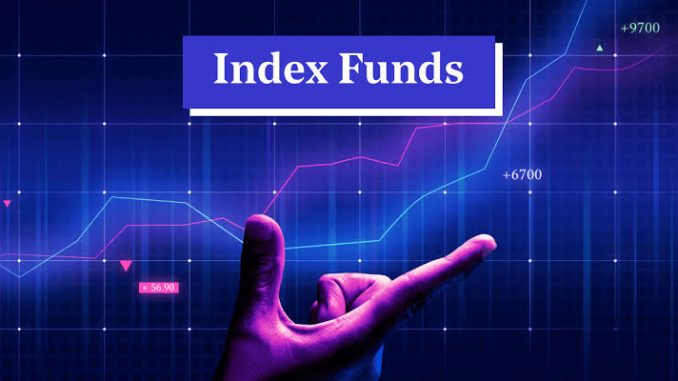
When it comes to investing, three terms often confuse beginners—mutual funds, ETFs (Exchange Traded Funds), and index funds. All three are popular in India and across the world, but they are not the same. If you want to grow your money safely and smartly, you must know the difference. Let’s understand in simple words.
What is a Mutual Fund?
A mutual fund is a pool of money collected from different investors. This money is managed by a professional fund manager, who buys stocks, bonds, or other assets on your behalf.
- Good For: Beginners and long-term investors
- Benefits: Expert management, SIP option, no Demat account needed
- Limitations: Higher expense ratio, performance depends on the manager
Example: If you invest ₹5,000 in an equity mutual fund, the fund manager may invest in companies like TCS, Reliance, and HDFC Bank.
What is an ETF?
An Exchange Traded Fund (ETF) works like a mutual fund but trades on the stock exchange just like a share. Most ETFs follow an index (like Nifty 50).
- Good For: Investors who want low-cost and flexible trading
- Benefits: Low fees, real-time buying and selling, transparent portfolio
- Limitations: Requires a Demat account, brokerage charges apply
Example: Buying one unit of a Nifty ETF gives you exposure to all 50 companies in the Nifty index.
What is an Index Fund?
An index fund is a passive type of mutual fund. It simply copies an index like Sensex or Nifty 50 and gives you returns similar to that index. There is no active decision-making by fund managers.
- Good For: Long-term wealth creation with low cost
- Benefits: Simple, cheap, stable in the long run
- Limitations: Returns cannot beat the index
Example: If Nifty rises 10% in a year, your Nifty index fund will also rise around 10% (minus small charges).
Quick Comparison Table
| Feature | Mutual Fund | ETF | Index Fund |
|---|---|---|---|
| Management | Active or Passive | Passive | Passive |
| Cost | Higher | Very Low | Low |
| Trading | Only at day-end NAV | Anytime in market | Day-end NAV |
| Demat Required | No | Yes | No |
| Suitable For | New Investors | Market-savvy Investors | Long-term Passive Investors |
Final Thoughts
- Choose mutual funds if you want expert management and easy SIP investments.
- Go for ETFs if you are comfortable with stock market trading and want low-cost options.
- Pick index funds if you believe in simple, long-term, passive investing.
In short:
Mutual Fund = Expert Managed
ETF = Flexible and Low Cost
Index Fund = Simple and Long Term
No single option is best for everyone. The right choice depends on your goals, budget, and comfort with risk.

Leave a Reply